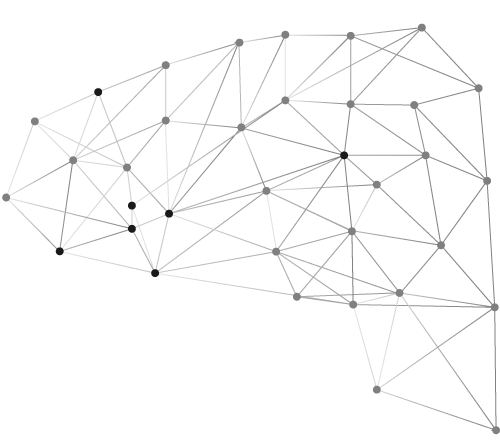International IDEA, 2023.
Democracy is an unending argument about democracy itself. When free
citizens argue, we are often arguing not just about what policies or parties we
should support, but about what democracy means. Our own positions aren’t
stable. How each of us defines democracy depends on what situation we are
facing and what fundamental interests are at stake. When a society confronts
existential crises—war, invasion, terrorist attack, economic collapse—citizens
of all ideological stripes will argue that institutional limitations on the people’s
authority, like rule of law, checks and balances or a free press, must be ignored
or over-ridden. The people must be sovereign. All power must rest with them,
and the majority must prevail. If not, the people will perish. In conditions of
crisis, people search for strong leaders, and the most persuasive rationale for
strong measures and strong leadership is majority rule. Even when the crisis is
not existential, would-be tyrants and budding authoritarian populists know that
the surest way to secure power in a democracy is to deploy the language of the
majoritarian imperative. When they do so, however, they risk damaging, even
abolishing, democracy altogether.

